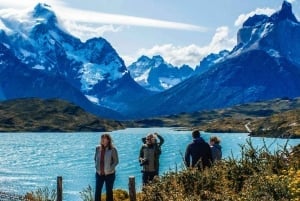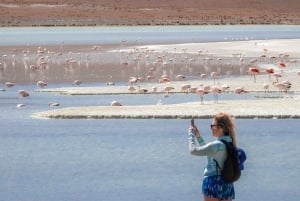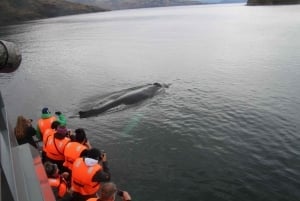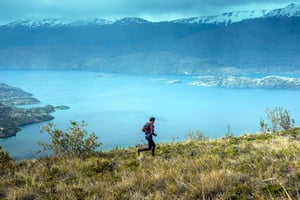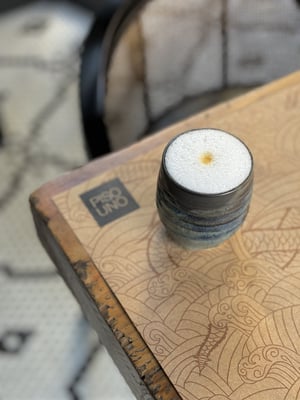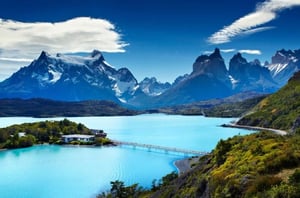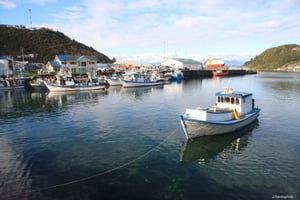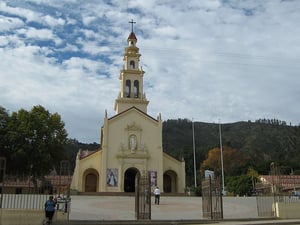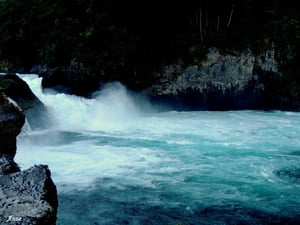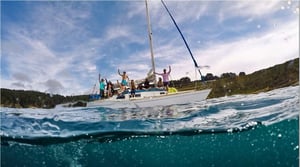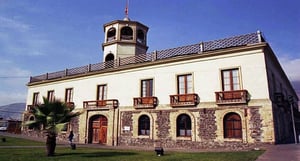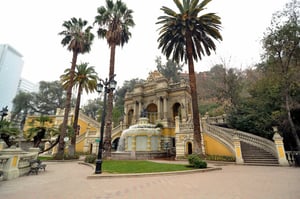Coronavirus Chile
FAQs
What is the new COVID-19 Coronavirus?
The New Coronavirus COVID-19 is a strain of the coronavirus family that has not been previously identified in humans. It is the definitive name given by the WHO. Coronaviruses cause diseases ranging from the common cold to more serious illnesses, such as Severe Acute Respiratory Insufficiency...
How is it spread?
The virus is transmitted from person to person when you have close contact with a sick person. For example, by living under the same roof, sharing the same room in a hospital, traveling for several hours on the same transport, or caring for someone who is sick without proper protection.
What are the signs and symptoms?
In most cases where symptoms have occurred they are:
- Fever above 37.8 degrees
- Cough
- Difficulty breathing (unlike a cold)
- Headache
- Sore Throat
- If you have difficulty breathing, see a doctor
- If the disease is not treated in time, these symptoms may become worse
- Symptoms are mild and gradually increase
How is this disease prevented?
Because it is a respiratory disease, it is transmitted through droplets from coughs and sneezes. The prevention measures are:
- Cover your nose and mouth with a tissue or your forearm (never your hand) when you sneeze or cough.
- Wash your hands frequently with soap or an alcohol-based disinfectant for more than 20 seconds.
- Maintain a minimum distance of 1 meter between you and anyone who coughs or sneezes.
- Avoid touching your eyes, nose, and mouth.
- Do not share a light bulb, glass or silverware with other people.
- Avoid waving or kissing.
- Stay home if you are not feeling well. If you have a fever, cough and difficulty breathing, seek medical attention.
Who are the people most at risk of getting sick?
Those who have traveled to countries and areas with confirmed cases or active outbreaks and those who have close contact with sick people.
What is the population at risk?
Only 2% of people who have been infected have died, but older people or those with pre-existing medical conditions, such as high blood pressure, heart problems or diabetes, may develop a more severe illness.
What should I do if I have symptoms of COVID-19?
If you have arrived in Chile from abroad or have been in direct contact with someone who is infected and you have symptoms, you should immediately go to the nearest emergency center (cesfam, hospital or clinic). Once there, the protocol will be activated where the test will be performed to confirm or rule out the virus. Important: if you have the symptoms, you should wear a mask and try to avoid public transportation (especially the subway during rush hour) so as not to expose others. If the test is positive, the person will be sent home for isolation, since very few cases require hospitalization at the health center. If the person has not gone abroad, nor knows if he has been in contact with a confirmed case, but feels difficulty in breathing, he should go to a health care center and ideally give notice that he is going there. If the person has mild symptoms, such as a cough, or a sore throat, but no fever, it is recommended that they take care of themselves at home.
What should home isolation look like?
Doctors may send mild patients to recover at home under the following conditions:
- The infected person must sleep in one room. If this is not possible, they should be at least one meter away from others. The room must be ventilated.
- Move around the house as little as possible.
- Have their own eating utensils (glasses, light bulbs, cutlery, etc.) and not share them. They should be washed with detergent.
- Prefer paper towels and use an individual towel.
- The person who treats the patient should wear a mask and wash their hands after each contact. In case of contact with body fluids, disposable gloves and hopefully a plastic apron should be worn.
- Waste should be placed in a plastic bag, closed and thrown away.
- The bathroom should be disinfected at least once a day with chlorine diluted in water (450 cc of water and 50 cc of chlorine) and also disinfect the The dirty clothes and all textiles used by the patient should be put in plastic bags and should not be shaken. They should be machine-washed at 60-90ºC with normal detergent and dried well.
- All those who live with the patient should be monitored by the Health Authority.
How much do the tests for COVID-19 cost?
- The PCR test to determine Covid-19 done for public health management purposes, such as that taken at the airport, is free.
- Those who wish to take the test on a voluntary basis and are affiliated with Fonasa, may do so at a public hospital. Since March 24th this test became free for those who belong to any section (A, B, C or D).
- Those who are affiliated to an Isapre may deduct this benefit from their respective institution, as stated by the Superintendence of Health. The maximum value will be $25,000.
Must isapres provide coverage for COVID-19?
Yes, according to the Superintendence of Health, the Isapres, being part of the social security and the protection of the right to health, may not, in any case, exclude coverage for the disease even if it has been declared a pandemic.
If I am diagnosed, am I entitled to medical leave?
Yes, workers diagnosed with COVID-19 will be entitled to leave of absence and all the rights that that means. However. You will need to assess whether the infection occurred in an occupational or non-occupational situation. If it is external, the health care institution (Isapre or Fonasa). If it is at work, the administrators of insurance and professional accidents should take care of it. Find out more at www.direcciondeltrabajo.cl or by calling 600 450 4000.
Can my employer provide alternative working measures in case of risk of contagion?
The employer is obliged to take all measures to protect the health of the workers, informing them of the risks and maintaining health and safety conditions in order to avoid the spread of the virus. In addition, the employer and the worker may mutually agree to work remotely or by other alternative means.




